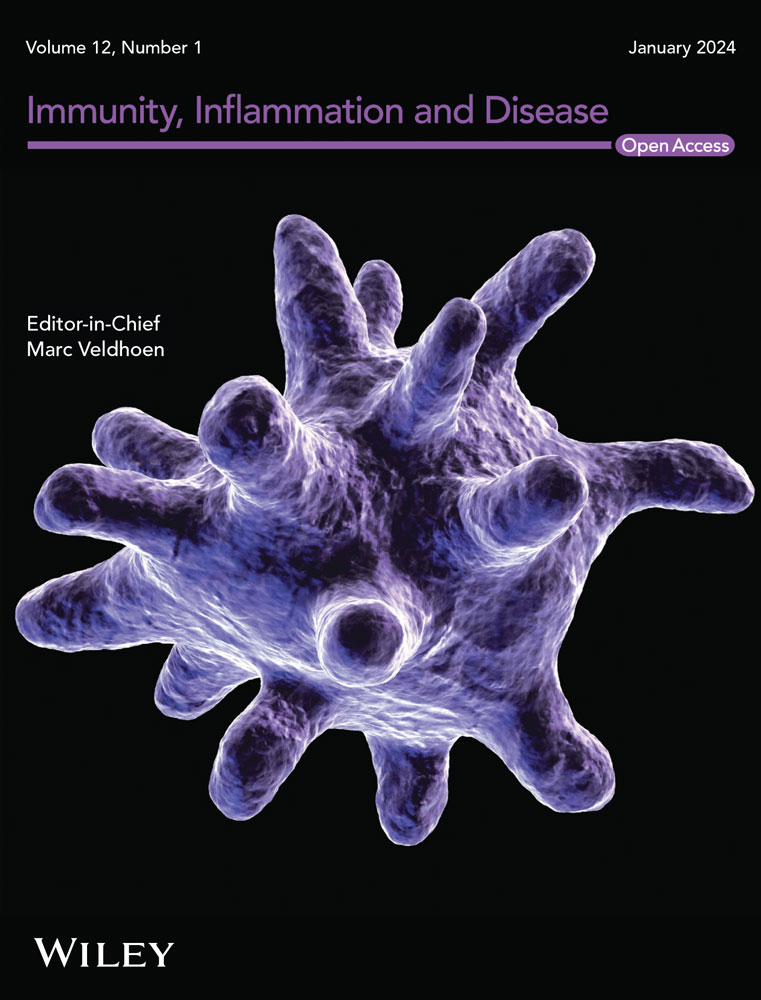Current Advancements in Serum Protein Biomarkers for Hepatitis B Virus-Associated Hepatocyte Remodeling and Hepatocellular Carcinoma
Abstract
Background
Hepatitis B virus (HBV)-related liver cancer is the third most common cause of cancer-related death globally. Hepatocyte remodeling, also known as hepatocyte transformation and immortalization, and hepatocellular carcinoma (HCC), are brought on by persistent inflammation caused by HBV in the host hepatocytes. One of the main concerns in the perspective of HBV-induced hepatocyte remodeling and liver cancer is accurately identifying cancer stages to maximize early screening and detection. Biological signatures have a significant impact on solving this problem.
Objective
This review article aimed to discuss the novel serum protein biomarkers for HBV-induced hepatocyte remodeling and HCC.
Methods
The information was collected from various peer-reviewed journals through electronic searches utilizing various search engines, including PubMed, Google Scholar, HINARI, and Cochrane Library from 2017 to 2024. Keywords for searches included “serum protein biomarkers in HBV-HCC,” “blood-based biomarkers in HBV-HCC,” and “viral biomarkers for HBV-HCC.”
Results
Recently, novel protein signatures have been discovered for the early diagnosis, treatment, and prognosis of HBV-induced hepatic cell remodeling and HCC from proteomic data sets. We have discussed the recent literature on the clinical utility of the protein signatures for the diagnosis and forecasting of HBV-associated hepatocyte remodeling and HCC, including golgi protein 73 (GP73), glypican-3 (GPC3), midkine (MDK), des-γ-carboxy-prothrombin (DCP), von Willebrand factor (vWF), pentraxin 3 (PTX3), pseudouridine synthases 7 (PUSs 7), squamous cell carcinoma antigen (SCCA), and osteopontin (OPN).
Conclusion
All these protein markers also exhibit the survival of HBV-related HCC patients, the proliferation, migration, antiapoptosis, mitogenesis, transformation, and angiogenesis of HBV-infected hepatocytes.


 求助内容:
求助内容: 应助结果提醒方式:
应助结果提醒方式:


